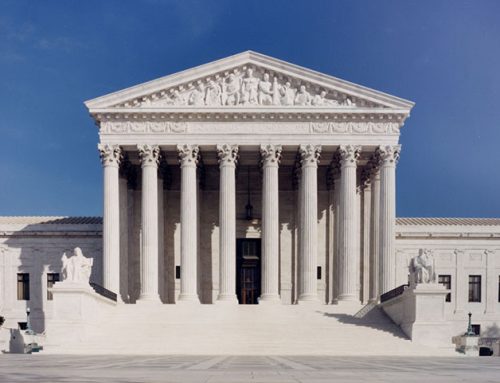New York Opens the Door for Established Cannabis Operators to Enter the Adult-Use Market
NEW YORK– In a significant move that could reshape the cannabis landscape in New York, state regulators voted on Tuesday to permit existing medical cannabis operators to apply for adult-use retail licenses. This decision potentially positions these operators to dominate what is anticipated to be one of the largest markets on the East Coast.
The Office of Cannabis Management (OCM) approved resolutions that outline a timeframe, from October 4 to December 23, during which applications for retail or microbusiness licenses will be accepted. A separate resolution also indicated that registered organizations could apply within a yet-to-be-specified window determined by the office.
Barry Carmody, a spokesperson for the New York Medical Cannabis Industry Association (NYMCIA), remarked that this development marked a “pivotal step” towards fostering a viable and equitable adult-use cannabis industry in New York. The NYMCIA represents several existing licensees, including prominent multi-state operators (MSOs) such as Acreage Holdings and Columbia Care.
However, this move has not been without controversy. The decision potentially renders moot a lawsuit initiated by some MSOs under the Coalition for Access to Safe and Regulated Cannabis, which sought to open licensing to all applicants. Moreover, it has left social equity applicants and licensees feeling forsaken, as many are still grappling with bureaucratic delays and litigation that have hampered the state’s Conditional Adult-Use Retail Dispensary (CAURD) program.
Small business owners have expressed their dissatisfaction with the decision, citing broken promises of prioritizing small businesses in the adult-use market. Jeanette Miller, a cannabis farmer from the Buffalo area, voiced her discontent during a meeting with the OCM board. The Cannabis Association of New York (CANY), representing small and state-based businesses, echoed Miller’s sentiments, stating that the meeting paved the way for large cannabis enterprises to compete with local businesses.
To address this, CANY has urged New York regulators to implement several measures, including reforming the state’s potency tax, imposing identical canopy limits on registered organizations and small businesses, and intensifying efforts to curb the illicit market in the state.
Since the legalization of adult-use cannabis in March 2021, licenses have predominantly been allocated to individuals impacted by the war on drugs and specific non-profits, with a commitment to awarding them 50% of all licenses. Despite this, only a fraction of the CAURD permit holders have commenced operations, a situation that has seen many applicants depleting their savings on non-revenue generating real estate and small farmers witnessing their crops deteriorate.
As the state navigates this complex transition, legal battles continue to overshadow the adult-use licensing process. Two lawsuits against the OCM are pending, including one from a group of service-disabled veterans excluded from the CAURD program. The future of the CAURD program remains uncertain, with some legal experts questioning its constitutionality.
During the meeting, Dasheeda Dawson, the director of Cannabis NYC, appointed by Mayor Eric Adams last October, opposed the registered organizations’ involvement and criticized other litigants for hindering New York’s rollout. Dawson emphasized her firm stance against rewarding those obstructing the process, highlighting the ongoing challenges in establishing a fair and prosperous cannabis industry in the state.
As New York stands at the cusp of a new era in cannabis regulation, the unfolding developments signal a complex and possibly contentious journey towards establishing a balanced and equitable market.



































